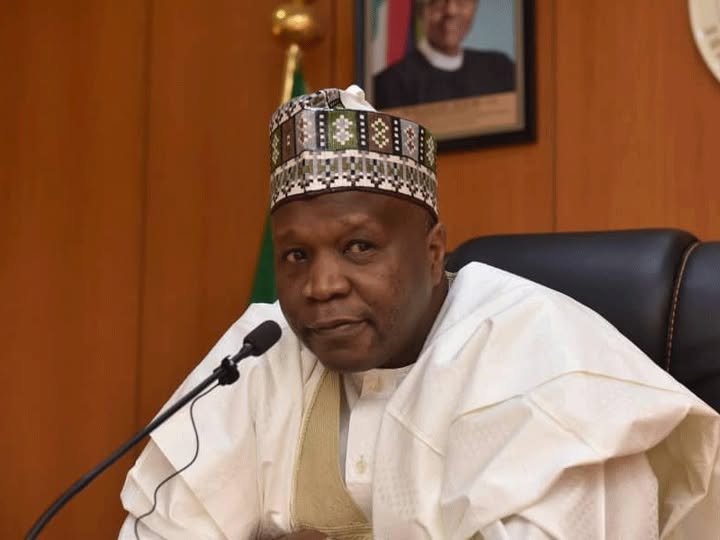
During the celebration of Eid-el-Maulud, which marks the birth of the Prophet Muhammad (SAW), Gombe State Governor Inuwa Yahaya urged Muslims to embrace key virtues embodied by the Prophet. These values are not only central to Islam, but also resonate across religious, moral, and humanitarian frameworks.
Here are the virtues he highlighted — and why people of all faiths (or even none) can benefit from living by them:
1. Peace
What it means: A commitment to non-violence, harmony, and conflict resolution.
Why everyone should emulate it:
Peace is a foundation for any thriving society. Whether you’re Christian, Muslim, Buddhist, traditionalist, or secular, peaceful coexistence is essential to development, dialogue, and progress. In a diverse country like Nigeria, peace is not just a virtue — it’s a survival tool.
2. Humility
What it means: Recognizing one’s limitations and treating others with respect, regardless of status.
Why everyone should emulate it:
Humility allows leaders to serve selflessly, followers to obey justly, and communities to function without ego-driven conflict. It’s a core virtue in Christianity (“the meek shall inherit the earth”), Buddhism (letting go of self), and many indigenous traditions. Humility makes space for unity.
3. Compassion
What it means: Deep empathy for others and the desire to relieve their suffering.
Why everyone should emulate it:
Compassion is the soul of humanity. Whether it’s feeding the hungry, caring for the sick, or supporting the marginalized, compassion is what binds people in love and service. Religions from Christianity to Hinduism teach it, and secular humanitarianism is built upon it.
4. Tolerance
What it means: Respecting differences in belief, background, and behavior without hostility.
Why everyone should emulate it:
In plural societies, tolerance is non-negotiable. Nigeria’s ethnic and religious diversity demands it. Intolerance breeds violence, but tolerance builds bridges. The Prophet Muhammad (SAW) was known for peaceful coexistence with Jews and Christians. Likewise, Jesus preached love for all. It’s a universal ideal.
5. Selflessness
What it means: Placing the needs of others above personal gain.
Why everyone should emulate it:
Whether in governance, family life, or civil society, selflessness is what creates servant leaders and compassionate citizens. Every religion — from Islam to Christianity to Sikhism — extols the virtue of giving without expecting. Societies thrive when people act beyond self-interest.
Universal Virtues, Shared Humanity
Governor Yahaya’s message, though directed at Muslims during Eid-el-Maulud, carries universal wisdom. In a country fractured by religious tension and moral decline, these values are not exclusive to Islam — they are a blueprint for human decency.
Whether from the Qur’an, the Bible, the Torah, or traditional proverbs, these virtues are humanity’s common moral ground. They are not bound by religion — they are bound by conscience.
If Nigerians of all faiths genuinely embraced peace, humility, compassion, tolerance, and selflessness, the nation would move closer to the ideals we all pray for.




